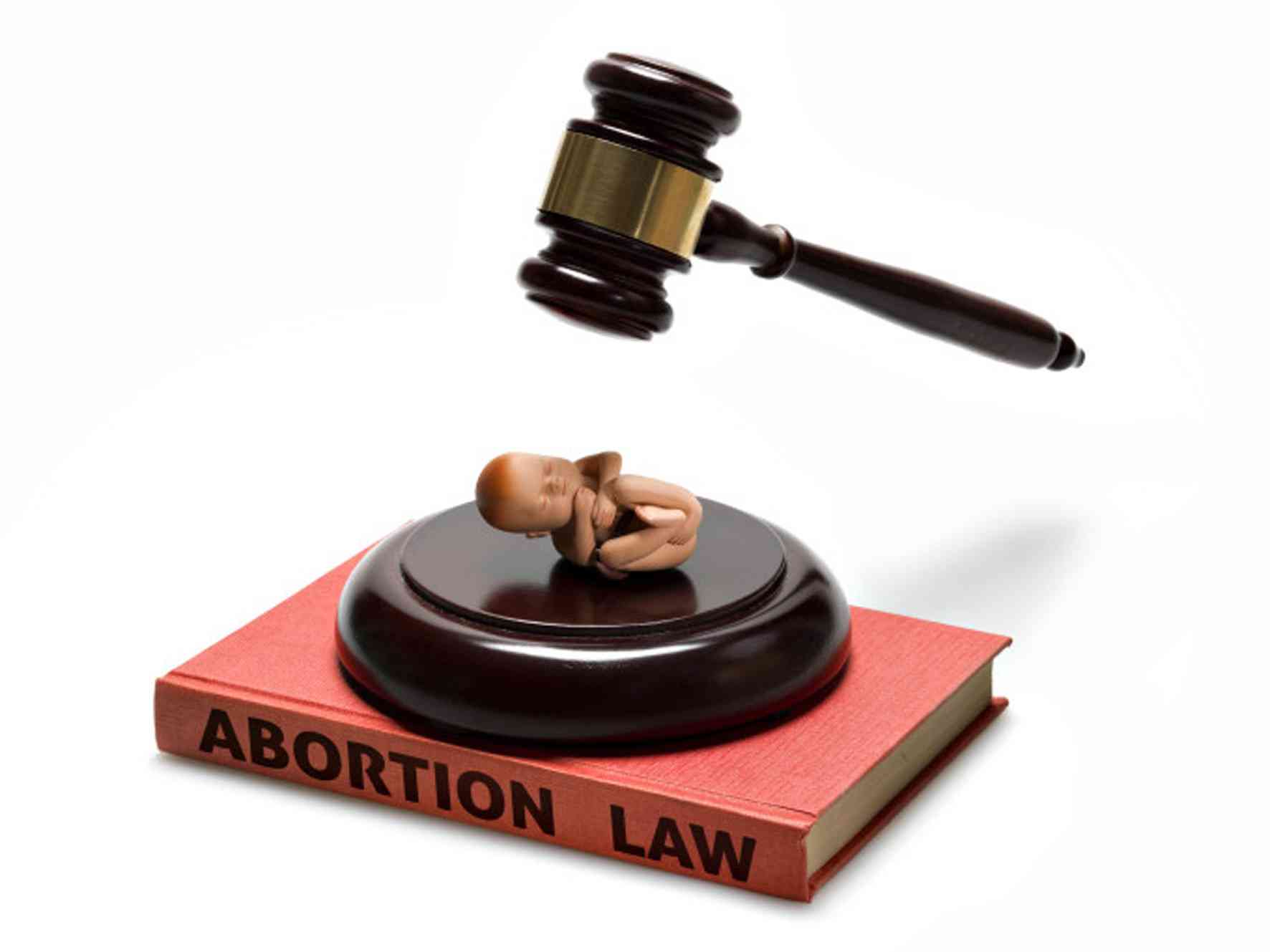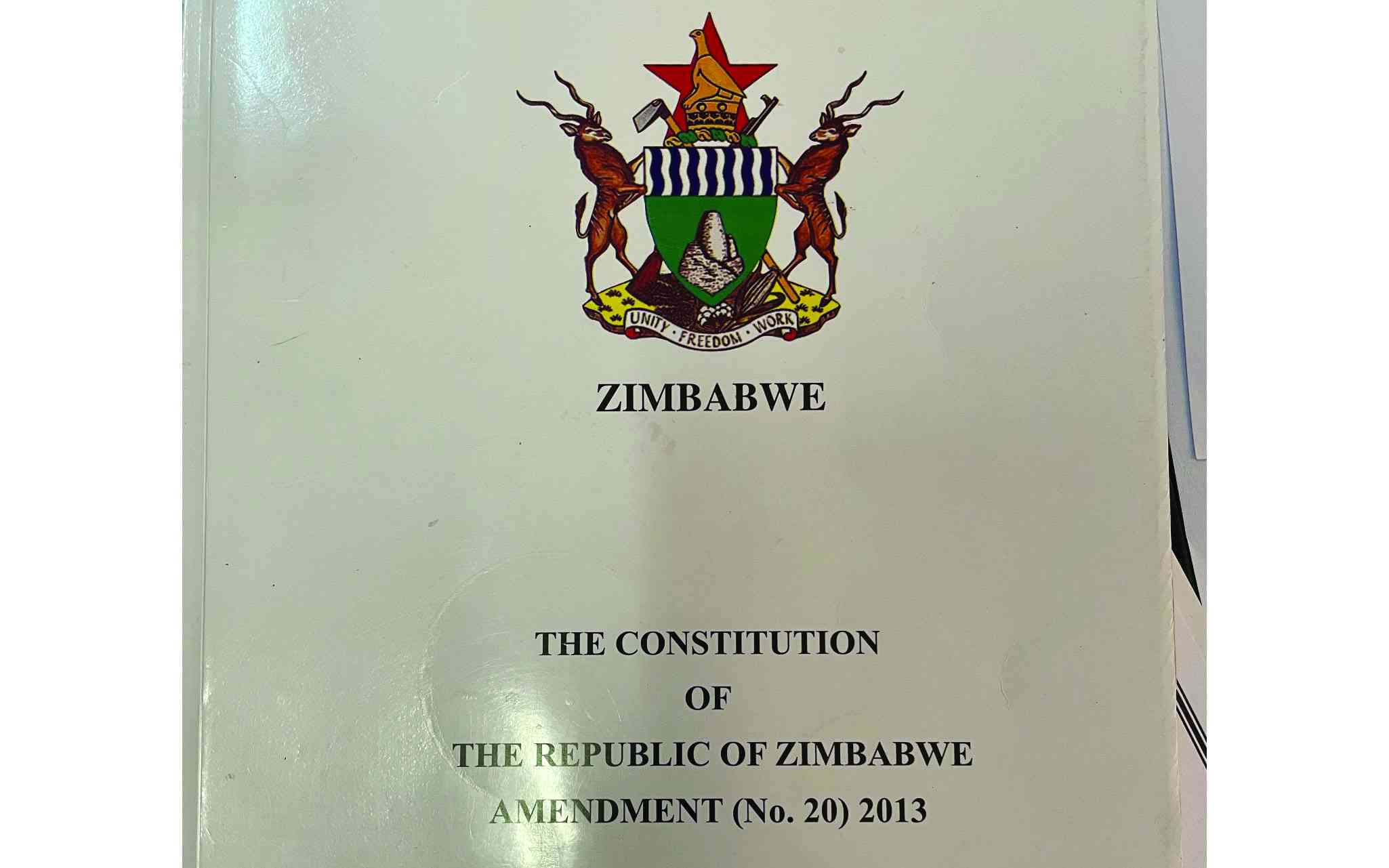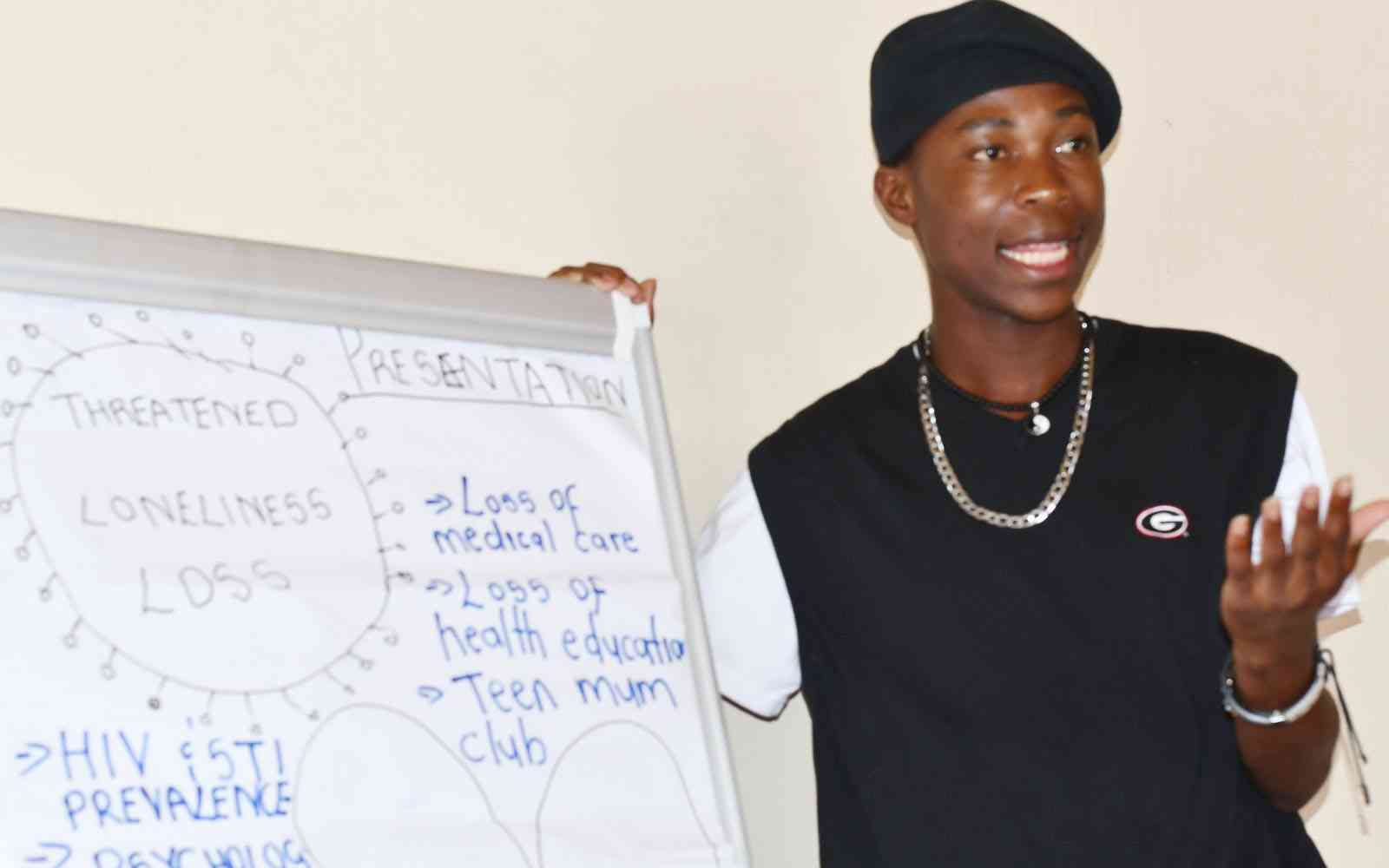
The High Court examined the constitutionality of Zimbabwe’s Termination of Pregnancy Act [Chapter 15:10], a statute originating from Rhodesian criminal law in 1977 that restricts lawful termination to narrowly defined threats to physical life or injury.
The applicants challenged two key omissions: the exclusion of mental-health risk as a ground for abortion, and the exclusion of sexual intercourse involving women with mental illness from the definition of “unlawful intercourse” under section 2(1).
Each omission produced outcomes incompatible with the 2013 Constitution’s guarantees of dignity, equality, bodily autonomy, freedom from inhuman treatment, and the right to health.
Justice Slyvia Chirawu-Mugomba approached the dispute through a rights-centred constitutional method.
The reasoning accepted that Zimbabwe’s constitutional understanding of health encompasses physical, mental, and psychological well-being.
The statutory exclusion of mental-health risk created a discriminatory regime that imposed disproportionate suffering on women facing severe emotional and psychological distress during pregnancy.
The court concluded that this omission had disproportionate impact on women whose pregnancies created grave mental-health consequences and that such impact lacked adequate justification under section 86 of the constitution.
The result infringed sections 48, 51, 53, 56, and 76.
- Fresh land invasions hit Whitecliff
- Pomona cash row escalates
- Border Timbers targets European markets
- SA name strong A side for Zim tour
Keep Reading
The court also recognised that women with mental illness occupy a structurally vulnerable position in relation to sexual exploitation.
The statutory refusal to treat sexual activity involving such women as “unlawful intercourse” erased their lack of capacity to consent and denied them access to lawful termination even in circumstances amounting to exploitation or abuse.
This exclusion, the court held, infringed the constitution’s protections of equality, dignity, and humane treatment. In relation to remedies, the court considered whether to insert (“read in”) mental-health grounds and section 106 situations into the statute.
Drawing on the National Coalition for Gay and Lesbian Equality, Schachter, Vriend, and Kawenda, the court concluded that such detailed legislative choices require medical, ethical, and policy judgments that rest primarily with Parliament.
The court, therefore declared section 4(a) and section 2(1) unconstitutional to the extentthat they exclude mental-health indications and pregnancies resulting from sexual exploitation of mental health patients.
These declarations were suspended for 18 months to allow legislative amendment, and the matter was referred to the Constitutional Court for confirmation under section 175(1).
Until confirmation and amendment, the impugned provisions remain formally in force.
This judgment represents a turning point in Zimbabwe’s reproductive-rights jurisprudence.
It shifts the legal framework from a narrow, biomedical model of abortion, centred solely on physical survival, to a constitutional model grounded in dignity, equality, and holistic health.
Recognition of mental-health risk as a standalone indication for lawful termination modernises an area of law historically shaped through punitive colonial codes that disregarded women’s lived realities.
The judgment also elevates mental health within the architecture of the right to health under section 76.
The court treated mental-health harm as a constitutionally relevant risk rather than an optional or secondary concern. This opens doctrinal space for challenges to insurance exclusion of psychiatric services, under-resourcing of public mental health care, and policy regimes that treat mental health as peripheral.
The decision aligns Zimbabwe’s constitutional interpretation with regional and international human-rights obligations under the Maputo Protocol, Cedaw, and the African Charter on Human and Peoples’ Rights, all of which require protection of mental health and demand access to safe termination in circumstances of rape, sexual assault, or grave harm.
Furthermore, the analysis of women with mental illness demonstrates a more advanced understanding of intersectional vulnerability.
The court recognised that gender, disability, institutionalisation, and socio-economic marginalisation can interact in ways that produce unique and severe disadvantages.
Treatment of pregnancies arising from sexual exploitation of institutionalised women under section 106 reflects an awareness that formal equality principles are insufficient where legislative schemes fail to protect those at the furthest margins of power.
This positions the High Court within a transformative constitutional tradition that seeks to dismantle structural inequality rather than remaining content with rhetorical commitments to equal treatment.
Finally, the decision reinforces Zimbabwe’s obligations under the Maputo Protocol, particularly Article 14(2)(c), which requires states to authorise medical abortion in cases where the continued pregnancy endangers the mental or physical health of the pregnant person.
The court’s recognition of mental-health risk as a constitutional ground for lawful termination moves domestic law closer to full compliance with this regional instrument and provides a jurisprudential template for advocacy and future litigation Africentric Importance
The judgment emerges within a broader African constitutional moment where courts engage questions of autonomy, dignity, and health through values that resonate with African understandings of personhood.
The court’s insistence that health encompasses mental and psychological well-being reflects an approach consistent with African conceptions of holistic wellness, where the human person is understood through interconnected physical, emotional, social, and spiritual dimensions.
This orientation stands in contrast to the colonial legal frameworks that historically reduced reproductive health to physical survival and treated women’s emotional and psychological suffering as legally insignificant.
The court’s analysis of women with mental illness illustrates an acute awareness of structural vulnerability.
Women institutionalised for mental illness often occupy positions of compounded marginalisation: gendered inequality, disability-related exclusion, and exposure to exploitation within institutional settings.
The court recognised that a legal regime excluding pregnancies arising from such exploitation entrenches historical and contemporary hierarchies that silence certain categories of women.
The judgment’s correction of this exclusion demonstrates a constitutional sensitivity to lived realities and aligns with an African tradition that values communal responsibility for those who bear disproportionate burdens of social and institutional neglect.
The decision also engages, in substance, with themes central to African constitutionalism, particularly the protection of dignity as a foundational organising principle.
Dignity within many African legal and philosophical traditions extends beyond individual autonomy to incorporate respect, relational harmony, and the safeguarding of human worth in community.
A statutory regime that renders mental-health suffering invisible or denies reproductive choice to women unable to consent undermines this understanding of dignity.
The judgment reinstates these women within the constitutional community as rights holders whose experiences warrant recognition and protection.
Viewed through this lens, the case forms part of a growing continental trajectory in which courts use constitutional tools to dismantle remnants of legal orders that historically constrained African women’s agency.
Regional developments, including jurisprudence in Malawi, Kenya, South Africa, and Sierra Leone, illustrate an emerging African jurisprudence of reproductive justice grounded in dignity, holistic health, equality, and freedom from degrading treatment.
The present judgment contributes meaningfully to that evolution through careful doctrinal reasoning that centres the experiences of those most excluded from formal legal protection.
- Community Working Group on Health











